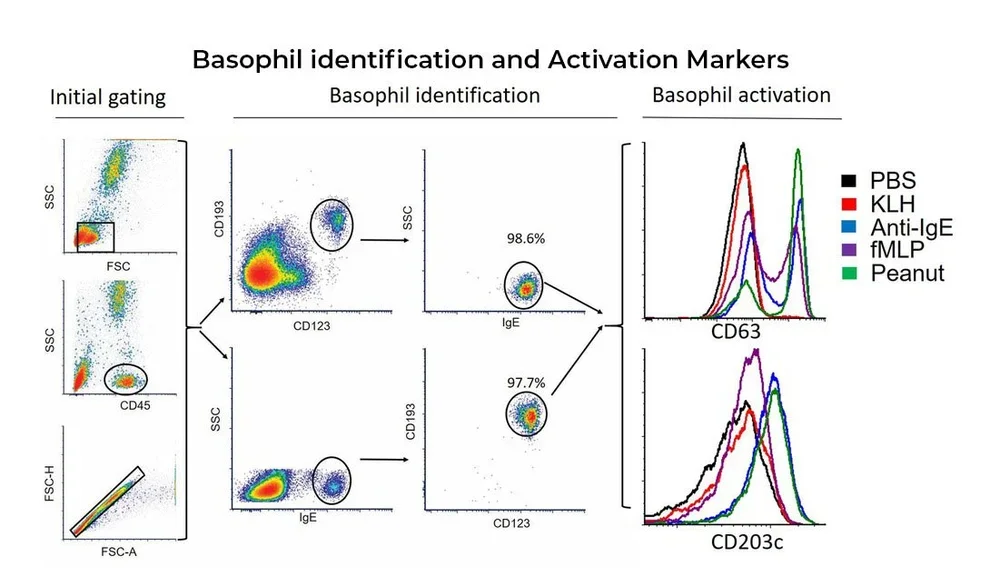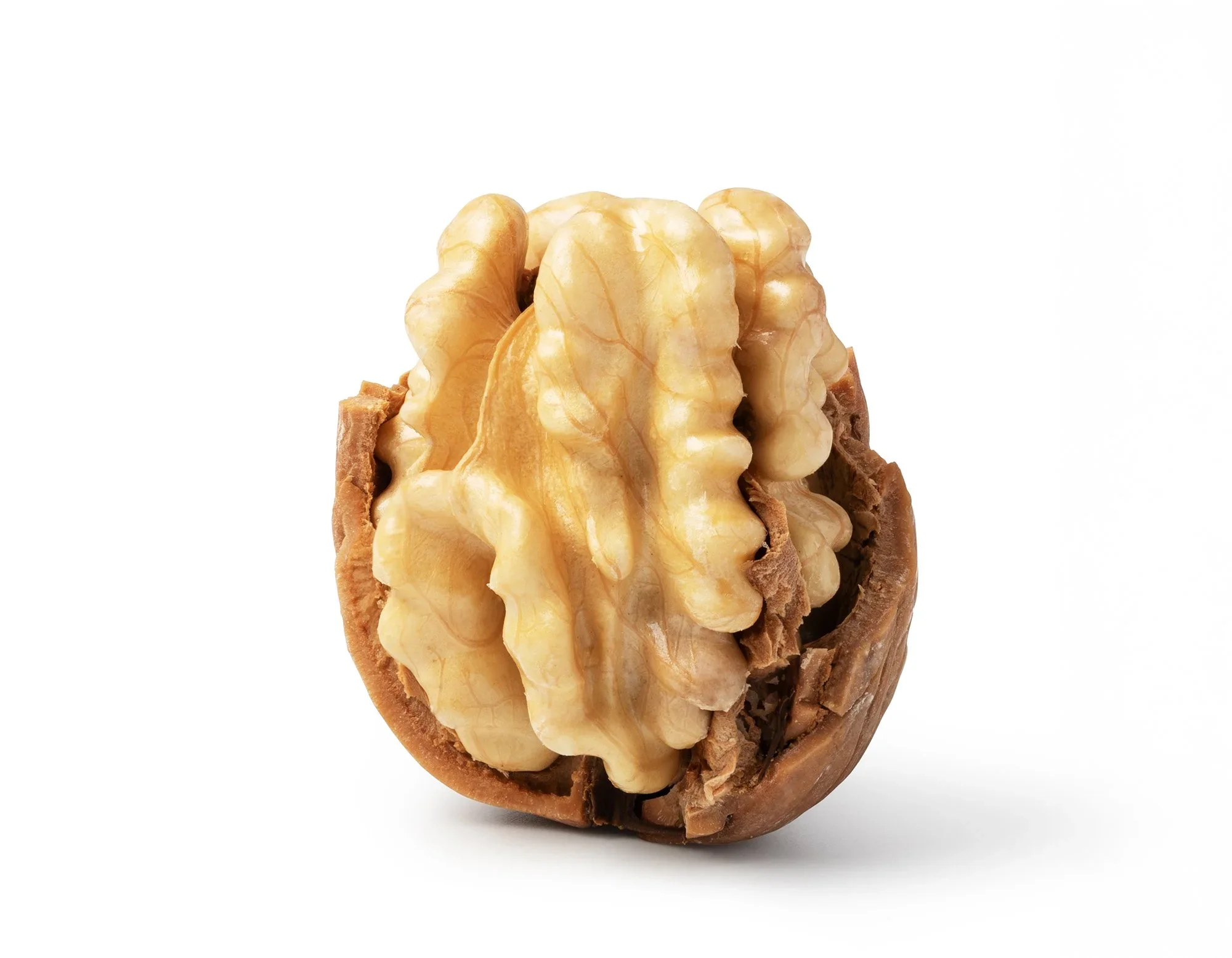The FATE™ Program (Food Allergy Tolerance Enhancement) is Dr. Shah’s personalized desensitization process designed for infants, children, teens, and adults. Each phase builds tolerance safely and gradually, guided by over 20 years of clinical expertise.
The FATE™ Program
Food Allergy Tolerance Enhancement
The FATE™ Program (Food Allergy Tolerance Enhancement) is Dr. Shah’s personalized desensitization process designed for infants, children, teens, and adults. Each phase builds tolerance safely and gradually, guided by over 20 years of clinical expertise.
Phase 4:
SLIT & OIT (Desensitization)
Phase 4 is where active desensitization begins. Using Sublingual Immunotherapy (SLIT) and Oral Immunotherapy (OIT), Dr. Shah carefully introduces tiny amounts of allergen in a controlled, stepwise fashion to build tolerance and reduce the risk of severe reactions.
SLIT is a form of immunotherapy where the patient is given small doses of an allergen under the tongue to boost tolerance and reduce symptoms over time.
SLIT Process: Treatment involves administering gradually increasing amounts of the allergen in liquid or tablet form under the tongue. The patient holds it there for a few minutes before swallowing.
SLIT Purpose: SLIT is primarily used for treating allergic rhinitis and asthma, and it is increasingly being explored for food allergies. It offers a convenient alternative to allergy shots, since much of the ongoing treatment can be self-administered at home.
SLIT Duration: Treatment typically spans several years, beginning with a dose-escalation phase followed by a maintenance phase. Over time, this can significantly reduce symptom severity when exposed to the allergen.
OIT is a medical treatment for food allergies where the patient consumes small amounts of the allergenic food, with the amount gradually increased over time.
OIT Process: OIT typically begins with extremely low doses of the allergenic food, given under close medical supervision. The dose is increased in small, scheduled steps until a maintenance level is reached.
OIT Objective: The goal of OIT is to desensitize the patient to the allergen, reducing the risk and severity of reactions from accidental exposures and, for some patients, helping them reach regular, confident intake of the food.
OIT Foods Treated: OIT is commonly used for allergies to peanuts, milk, eggs, and tree nuts. At NY Food Allergy & Wellness, OIT plans are customized to the patient’s age, history, and goals.
Phase 3:
Oral Food Challenges (OFC)
Phase 3 uses supervised Oral Food Challenges (OFCs) to get clear, real-world answers. Under close medical monitoring, patients consume carefully measured amounts of an allergen to confirm a diagnosis or see whether tolerance has developed.
During an Oral Food Challenge, the patient consumes gradually increasing amounts of the suspected allergenic food in a controlled setting. Doses are given in stages, with observation periods in between so that any symptoms can be identified early.
Throughout the process, medical staff closely monitor breathing, skin, blood pressure, and other vital signs. If symptoms appear, the challenge is stopped and treatment is provided right away.
OFCs are used to confirm whether a food allergy is truly present or to check if a patient has outgrown a known allergy. They can also help clarify gray-area situations where IgE tests and clinical history do not fully agree.
The outcome of an OFC directly guides next steps in the FATE Program, whether to maintain avoidance, adjust emergency plans, or begin desensitization with SLIT or OIT.
Because there is a risk of triggering an allergic reaction, OFCs are always performed in a clinical setting with full emergency response capabilities.
At NY Food Allergy & Wellness, challenges are supervised by experienced allergy specialists with immediate access to medications and equipment. Doses are tailored to the individual, and safety is prioritized at every step.
Phase 1:
Patient History & Initial Allergy Assessment
Phase 1 is about listening to your story. Dr. Shah carefully reviews your medical history, past reactions, and daily routine so that any testing or treatment plan is tailored to your life, not a one-size-fits-all protocol.
Your visit begins with a detailed conversation. Dr. Shah and the team review your medical history, previous allergy testing, current medications, and any other conditions that may affect your care. They also discuss your symptoms, when they occur, and how they impact school, work, travel, and everyday life.
This step is intentionally thorough. By understanding the full picture up-front, NY Food Allergy & Wellness can recommend the most appropriate next steps, whether that is blood work, the Basophil Activation Test (BAT), skin testing, or a supervised Oral Food Challenge (OFC).
Food allergy care is not just about lab numbers. Many patients arrive with mixed or confusing test results, but a clear pattern in their day-to-day reactions. Phase 1 helps separate true allergy risk from coincidental symptoms or sensitivities.
By combining your story with advanced diagnostics later in the FATE Program, Dr. Shah can identify which foods are truly dangerous, which may be tolerated at small amounts, and where there may be room to safely expand your diet.
The information gathered in Phase 1 sets the roadmap for the rest of the FATE Program. It helps determine which allergens to test more deeply, which to prioritize for possible Oral Food Challenges, and where Sublingual Immunotherapy (SLIT) or Oral Immunotherapy (OIT) may be appropriate later in your journey.
The goal is not just to confirm a diagnosis. It is to design a path toward greater safety, confidence, and freedom around food, based on your goals and comfort level.
Phase 2:
IgE Tests & Basophil Activation Test (BAT)
Phase 2 focuses on advanced testing. Dr. Shah combines standard IgE blood work with the Basophil Activation Test (BAT) to clarify which allergens are truly risky and which may be safer than they appear on traditional tests.
The Basophil Activation Test (BAT) is a blood test that measures the activation of basophils, a type of white blood cell, in response to specific allergens. This test is particularly useful in diagnosing food allergies and clarifying risk when other tests are confusing.

Basophil identification and activation markers from flow cytometry.
BAT process: In BAT, basophils are isolated from a blood sample and exposed to potential allergens. If the patient is allergic to a specific substance, the basophils activate. That activation is measured using flow cytometry.
BAT advantages: BAT is highly sensitive and is especially helpful when skin or IgE blood tests send mixed signals. It also carries minimal risk to the patient, because all of the testing happens in vitro, outside of the body.
NYAIRL, associated with NY Food Allergy & Wellness, is the first and only CLIA-certified laboratory in New York State to offer BAT for food allergy diagnostics. This makes NYFA a regional leader in advanced allergy testing and allows care plans to be based on highly precise, risk-aware data instead of guesswork.
Phase 5:
Bite Proof to Free Eating
Phase 5 of the FATE™ Program, known as Bite Proof to Free Eating, helps patients work toward the highest level of food freedom that feels right for them. This phase transitions progress made in the office into confident, real world eating with personalized medical guidance.
Phase 5 is designed to help patients reach the level of food freedom most comfortable for them. It focuses on applying tolerance gains from earlier phases into real world eating situations supported by ongoing follow up.
Each patient’s goals differ. Some aim for Bite Proof protection from accidental exposures, while others work toward consistently eating foods they once avoided. Dr. Shah adjusts the pace and plan based on lifestyle, age, and comfort level.
Patients build confidence through structured dose refinement, real world guidance, and supportive follow up. This phase strengthens independence and reduces anxiety in daily food allergy management.
What our patients are saying...
About Dr. Atul Shah: Testimonials

Dr. Atul Shah’s FATE™ Program has over 15,000 success stories, offering a proprietary, one-on-one approach that stands apart from larger institutions. As New York’s only certified BAT allergy lab, we provide unique insights, allowing for more precise desensitization for children, teens, and adults, even into their 50s. This private practice model ensures personalized care, helping patients regain confidence in their lives, careers, and overall well-being.
Food Allergy Media Library
Browse through 100+ Videos including Success Stories, FAQ’s, & News Interviews.
Wheat Allergy
Milk Allergy
Browse through 100+ Videos & Media including Success Stories, FAQ’s, and News Interviews.
Multi-Food Allergy
























